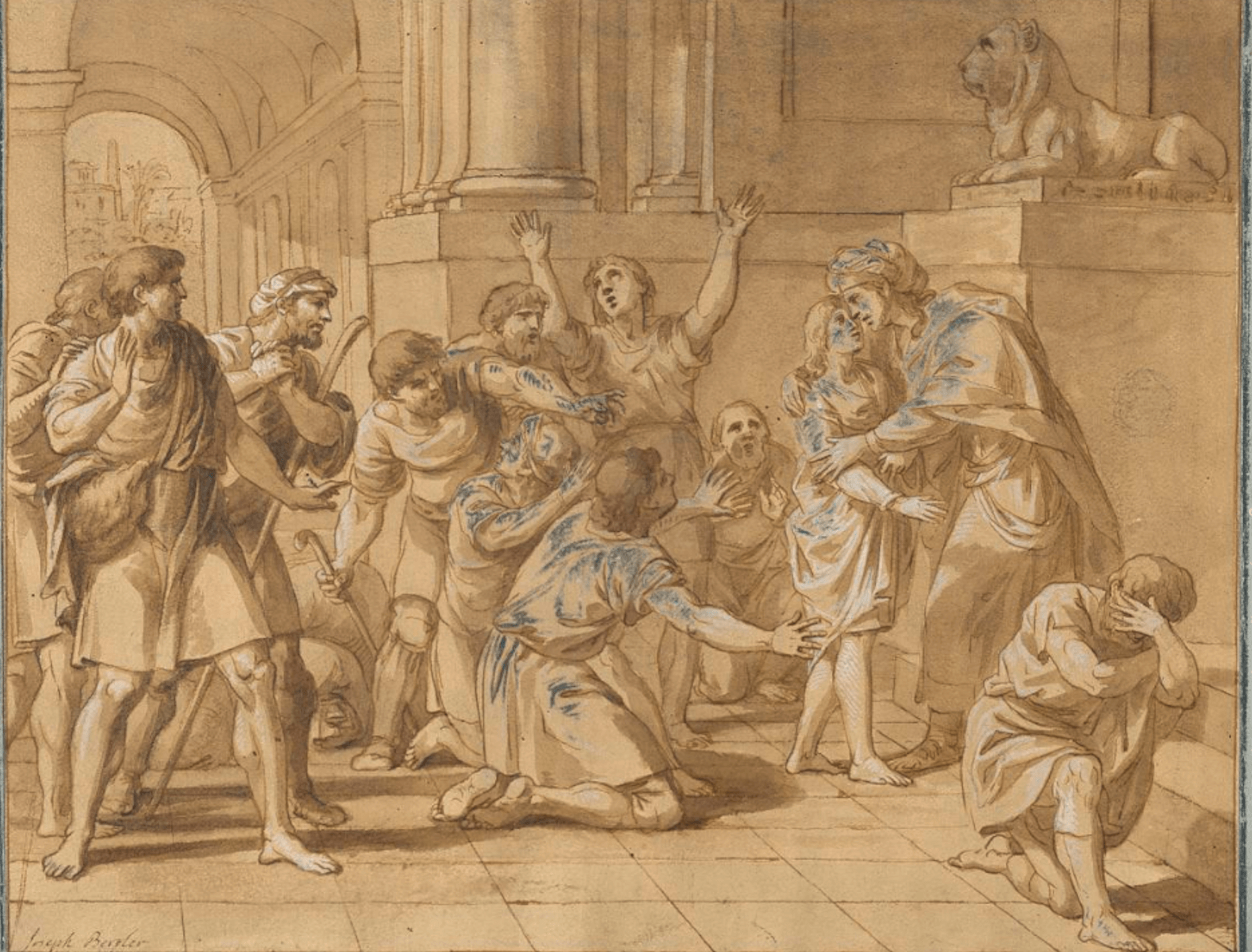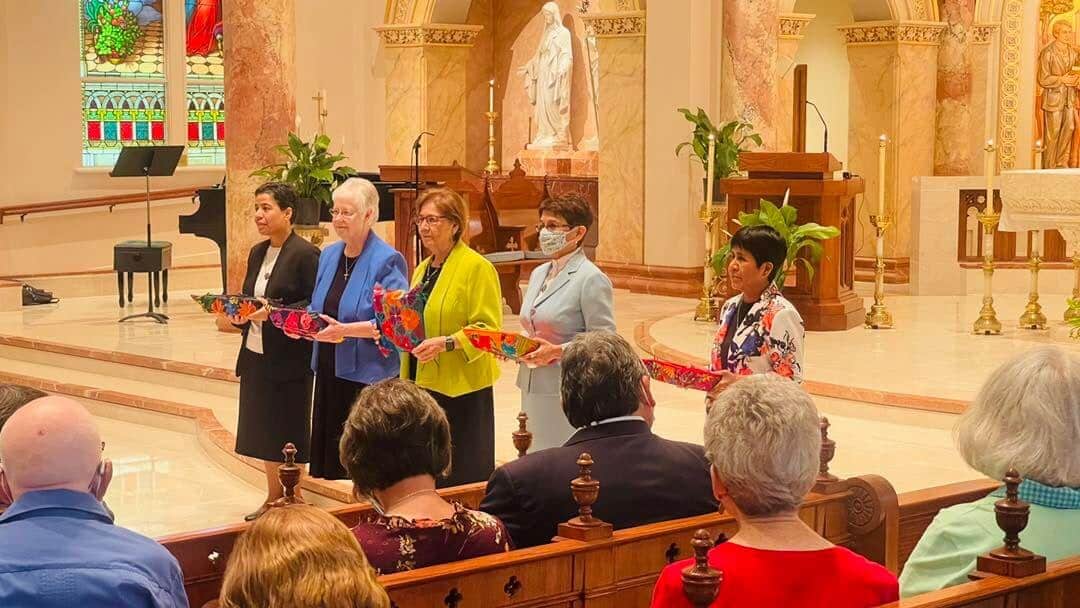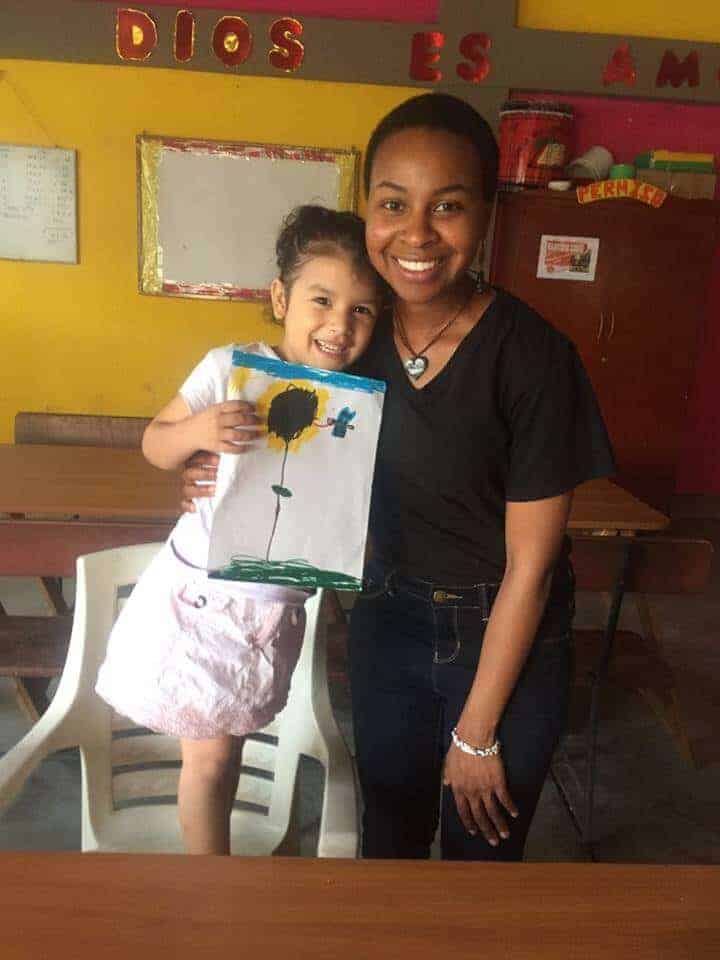Link to download: Compassion and Reconciliation
In the month of November 2018, I watched with great interest the moving of a caravan of people from Honduras and other Central American countries to the United States border. I say, “I watched” as the television newscasts filled with pictures of the plight of the travelers. During the rest of the month and all of December, I saw pictures of the immigrants reaching the border in Tijuana: men climbing to the top of the wall separating the United States and Mexico; women and children pleading for someone to listen to their plight. I heard of children dying. I was filled with many strong emotions, among them, disappointment, delusion, sadness and compassion. Disappointment and delusion as I experienced the impotence of my own country in not welcoming and embracing these needy, frightened petitioners of asylum. Sadness and compassion tore at my heart! I felt myself one with them in my whole being! I imagine many of you interiorly felt that way, too!
That brought me to reflect on how I relate and react to the world around me. How do I apply the principles which are embedded and implanted in the hearts of all humans by our common creator God, especially that of Reconciliation and Compassion? We find these values in the Old and New Testament, the Torah and Quran and other Holy Books of religious groups throughout the world (Psalm 103:8,13; Isaiah 49:15; Matthew 14:14, Al Quran 19:97, etc.). Both compassion and reconciliation are words that speak of relationship and deep down feelings. One cannot be reconciled alone, nor can one be compassionate apart from others. The following two stories from Scripture touch us to the heart, and speak to us of that reality.
While the words “reconciliation” and “compassion” are not specifically used in these two stories in the Bible – Joseph and his brothers (Genesis, 37-46) and The Lost Son (Luke 15: 11-32) – the stories speak profoundly of both in the actions that take place. Joseph had every reason to be resentful and unforgiving that his brothers had sold him into slavery. He struggles with forgiving them, but was reconciled when he saw his father and all of his family in Egypt. Later, after his father died, the brothers, in anguish about what Joseph would do to them should he harbor revenge, had their fear and anxiety alleviated as Joseph, in his deep compassion, treated them with kindness, as a family united and at peace.
In the parable of the lost (prodigal) son, the younger son rejected the love of the father, choosing to live his life the way he wanted. The father, brokenhearted, longed for the return of his son, having already forgiven him in his own heart. When he sees the son coming in the distance, the father felt compassion for him, embraced him, and joyously welcomed him back into the family. This powerful story shows the tremendous joy both of reconciled human relationships, and of the effects of an act of compassion.
Reread those stories, and discover the essence of both compassion and reconciliation. Both have to do with relationships – deep, healthy relationships broken almost beyond repair – but restored. Restored because of the ability on the part of both parties to forgive and be forgiving, and to reach out to the other in true compassion, healing, uniting, and bringing about peace and community.
Reflection

The Return of the Prodigal Son, 1636
Rembrandt
Public Domain
www.metmuseum.org
Community:
As personas committed to making the love of Jesus tangible in our world today, are we moved to compassion and reconciliation by situations such as unjust immigration practices, the plight of women, discrimination, etc.?
Have we experienced compassion and reconciliation, leading us to positive action, a sense of restored relationship, of peace, unity and community?
Individual:
Do I find it easier to forgive than to reconcile?
Have I experienced reconciliation as bringing about a deep, lasting and positive change in a relationship in my life? If not, what was lacking in bringing this about?
When was the last time I felt a deep compassion within my being? What was my response?
By Sr. Juanita Albracht









0 Comments